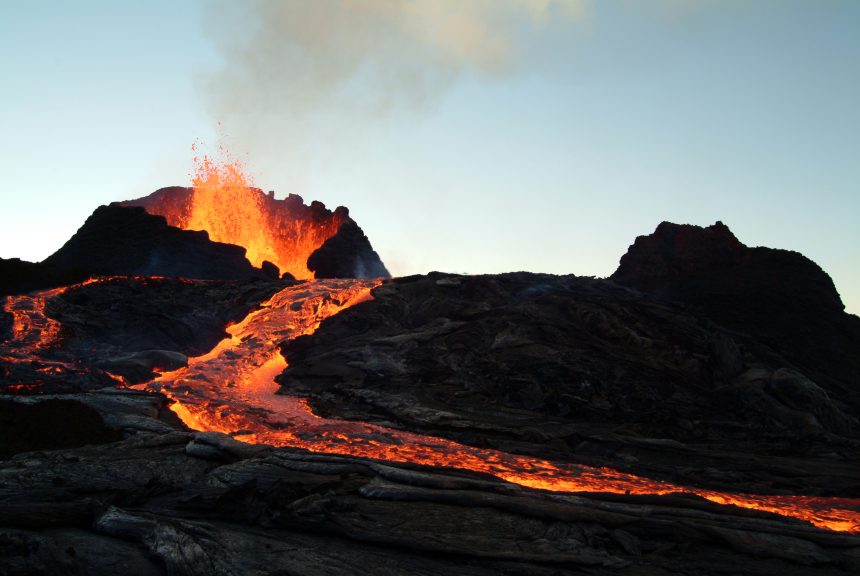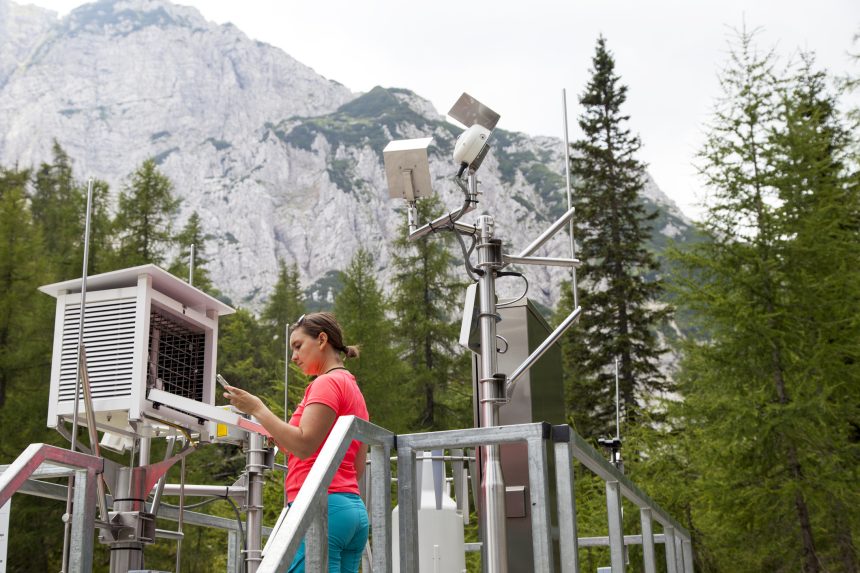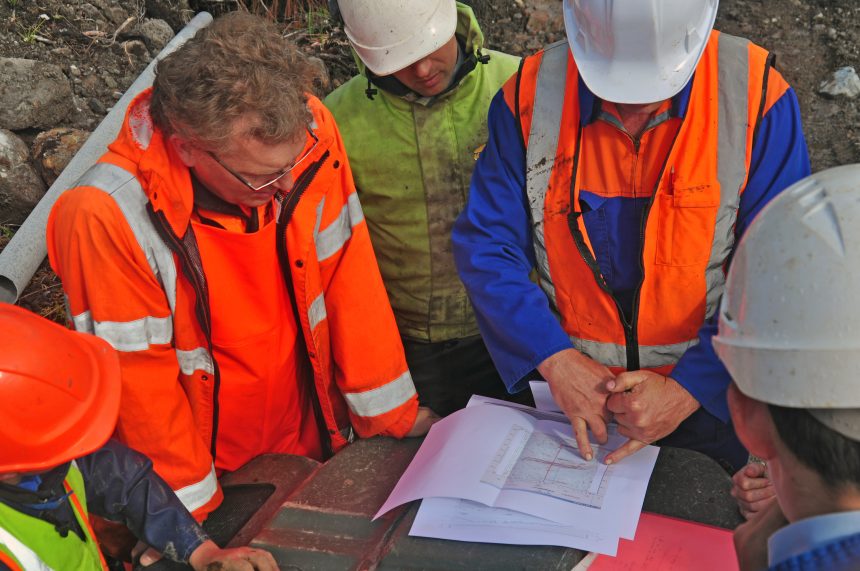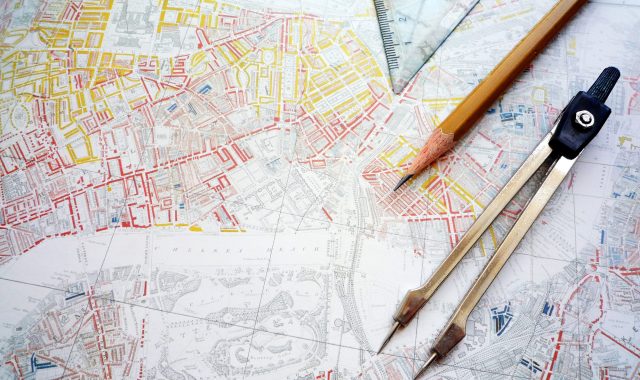Contents:
- What content is covered in A Level Geography?
- How is A Level Geography assessed?
- Is A Level Geography hard?
- What grades do you need to do A Level Geography?
- What skills will you develop when studying A Level Geography?
- Where can A Level Geography lead you?
- What subjects go well with A Level Geography?
- Do you need to study A Level Maths alongside A Level Geography?
What content is covered in A Level Geography?
In A Level Geography, the course is divided equally between physical and human geography. You’ll be provided with a well-rounded understanding of the Earth’s natural processes alongside societal structures and pressures.
On the physical side, you’ll dive into oceans, rivers, the water cycle, and the carbon cycle. You will explore natural hazards, climates, and ecosystems, giving insights into the forces shaping our natural environment.
Shifting focus onto human geography, you’ll explore financial and governmental systems, resource management, and cultural phenomena such as urbanisation, migration, and population changes. The goal is to understand how global systems operate and interact on different scales.
How is A Level Geography assessed?
A Level Geography assessments are designed to evaluate not only your knowledge but also your ability to apply it effectively in diverse contexts. It’s a balanced approach that ensures a comprehensive examination of both the theoretical and practical aspects of the subject.
Depending on your exam board, you will sit two to four exam papers. These papers offer a mix of question formats, from short-answer questions testing your recall to data analysis assessing your analytical skills and longer essay questions allowing you to showcase your depth of understanding.

In addition to your exams, you will likely have to complete practical fieldwork. For some exam boards, this will be in the form of a Non-Examined Assessment (NEA). Other exam boards incorporate fieldwork questions into exam papers. Practical application is a key component of A Level Geography. The fieldwork provides you with hands-on experience doing what you’ve learned in school to enhance your understanding.
Is A Level Geography hard?
A Level Geography is acknowledged for its content richness, encompassing a broad range of topics. Some aspects of the course can pose specific challenges for students:
- Content heavy – The course involves a significant amount of content, covering both physical and human geography. This breadth of content means you will need effective study strategies to manage and retain the information. Last-minute cramming won’t work for this subject
- Memorisation challenges – Certain physical processes may be intricate. Students may find it challenging to recall specific details, emphasising the need for consistent review and understanding. Equally, A Level Geography requires students to memorise several case studies. These case studies demand attention to detail and a capacity to recall specific examples in exams and assessments.
- Essay writing – The transition to A Level-standard essays, which may be worth 20 marks or more, can be a big hurdle for some students. Developing the skill to construct well-argued and comprehensive essays is a gradual process.
- Mathematical elements – For students who struggle with maths, certain statistical tests and data-related components, especially in the fieldwork section of the course, may present challenges. Understanding and applying statistical concepts may require additional effort.
Despite these challenges, many students successfully navigate A Level Geography. The key is to stay on top of the course content, and there are plenty of resources available online to assist you. You can find tonnes of A Level Geography revision notes, flashcards, case studies, and additional reading on Physics & Maths Tutor. YouTube also offers lots of educational videos for students looking to grasp more complex concepts.

What grades do you need to do A Level Geography?
The grade requirements for your desired sixth form or college may vary. However, they typically require students to have achieved a minimum grade in GCSE Maths and English, followed by a 6, 7, or 8 in GCSE Geography.
As essay-writing skills are an important part of Geography, it’s important to feel confident in your comprehension and writing abilities. In addition to this, it is beneficial to have a grasp of basic mathematics. You’ll need to be comfortable working with data presented in tables and graphs, performing calculations, and using statistical tests.
What skills will you develop when studying A Level Geography?
Embarking on A Level Geography broadens your understanding of the world and equips you with a versatile skill set that can be transferred across different subjects. The skills extend beyond geography, preparing you for success in various academic disciplines and professional pursuits.
You will be able to apply theoretical knowledge to real-world scenarios through learning case studies. These will enhance your practical understanding and hone your critical thinking skills. Moreover, the emphasis on essay writing cultivates your ability to communicate ideas coherently.
Through fieldwork, you’ll learn how to master the use of equipment, take precise measurements, and apply key theories of research methodology. Then, you’ll acquire skills in data handling and presentation, conducting statistical analyses, and interpreting information from graphs, maps and figures.
Top tips for studying A Level Geography
Achieving success in A Level Geography requires consistent content review and essay writing practice throughout the two-year course. Here are some top tips to guide you:
- Master your case studies early – Get your case studies down early on. Learning a few key facts about each case study will lay a solid foundation for answering questions and demonstrating your understanding in exams and essays.
- Practise, practise, practise – Whether it’s refining your data analysis skills or crafting well-structured essays, regular practice will enhance your proficiency and boost your confidence.
- Tailor your fieldwork choices – When it comes to fieldwork, choose topics that genuinely interest you and align with your strengths. When you explore areas you are passionate about, the process becomes more enjoyable while also allowing you to leverage your strengths. This ensures a more rewarding fieldwork experience.
Where can A Level Geography lead you?
If you end up loving A Level Geography, you may consider studying for a degree in or related to it. There are a whole range of options available, including:
- Geography – Explore both physical and human geography, covering topics such as climate, ecosystems, urbanisation, and cultural landscapes.
- Environmental Science – Focus on the intersection of geography and the environment, studying issues like climate change, conservation, and sustainability.
- Geographical Information Systems (GIS) – Specialise in the use of technology to collect, analyse, and interpret spatial data, making meaningful maps and visualisations.
- Urban Planning – Explore the design and management of urban spaces, addressing issues like city growth, transportation, and infrastructure.

- Geology or Earth Sciences – Study the Earth’s physical structure, processes, and history, including topics like rocks, minerals, and natural hazards.
- International Relations – Combine geography with international affairs, examining global issues, geopolitics, and cultural dynamics.
- Cartography – Focus on map-making and spatial representation, exploring the art and science of creating maps for various purposes.
- Economics – Combine geography with economics to study how spatial factors influence economic trends, regional development, and international trade.
- Meteorology or Climatology – Study weather patterns, climate science, and atmospheric conditions.
Career opportunities related to geography include:
- Geographic Information Systems (GIS) specialist
- Cartographer
- Ecologist
- Environmental consultant
- Remote sensing specialist
- Geologist
- Geospatial analyst
- Government advisor
- Climate change analyst
- Transportation planner
- Academic
- Researcher
What subjects go well with A Level Geography?
Deciding which subjects you would like to study alongside Geography A Level depends entirely on your interests. For enthusiasts of human geography, delving into subjects like economics and sociology can complement well, as they provide knowledge of the key societal systems which are explored in geography.

On the other hand, if the physical side of geography captivates you, science A Levels can give you a more rounded understanding of the physical processes and natural dynamics which play an intrinsic part in geography. Ecosystem services explored in biology also align with the geography specification. For those eyeing a degree in physical geography, A Level Physics provides a core understanding of concepts such as energy and waves, which crop up in wave, wind, and magma dynamics.
If you already know what degree you would like to pursue, then make sure you check university prospectuses in case there are specific A Level subject requirements.
Do you need to study A Level Maths alongside A Level Geography?
While studying A Level Maths alongside A Level Geography can be useful for the statistical aspects of the course, it’s not an absolute requirement. Having a solid foundation in maths can be beneficial for data analysis but these skills can be developed during the course itself.


Comments